Visvoer is een essentieel onderdeel van het verzorgen van aquariumvissen. Het voeren van de juiste voeding aan je...
Blog categories
Search in blog
Latest posts

Osmosewater in je aquarium, waarom?
12/08/2023
Read more
Posted in:
General
3941
views
0
Liked
Je hebt er vast wel eens van gehoord; Osmosewater. Je hebt je vast ook wel eens afgevraagd of je het nodig bent....

Create a vegetated back wall for your aquarium
08/17/2023
Read more
Posted in:
Tutorials & How-to
2877
views
0
Liked
Covering the back wall of your aquarium with moss or plants can be quite a challenge. Here we show you how to do this...

Aquarium verlichting vergelijkingstest
08/11/2023
Read more
Posted in:
General
1613
views
0
Liked
Verlichting vergelijkingstest
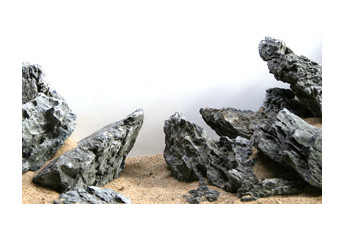
Hardscape examples
07/21/2023
Read more
Posted in:
Design
3165
views
0
Liked
Not sure how many kg of stones you need? These examples make estimating a little easier.
Popular posts
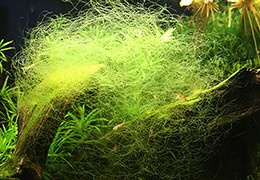
Thread algae in the aquarium, how do you get rid of it?
10/18/2021
Posted in:
Algae
38121
views
1
Liked
Thread algae belongs to a green algae species and manifests itself in the aquarium as long threads that can be up to...
Read more
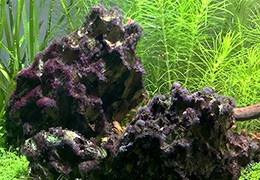
Bearded algae in the aquarium
10/18/2021
Posted in:
Algae
25400
views
1
comment
1
Liked
Bearded algae and Brush algae that we encounter in the aquarium belong to the red algae. The color under water varies...
Read more
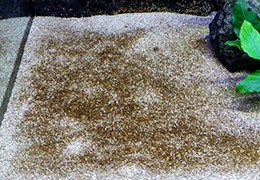
Fighting brown algae and diatoms in the aquarium
10/18/2021
Posted in:
Algae
23742
views
2
comments
2
Liked
Brown algae are also called diatoms or diatoms. A brown layer that you do not want in the aquarium.
Read more

Save energy on your aquarium with 10 tips
11/11/2022
Posted in:
General
18098
views
3
comments
0
Liked
The energy consumption of an aquarium can unknowingly leave a reasonable mark on the energy consumption in the home....
Read more
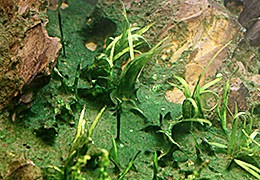
Blue-green algae in the aquarium
10/09/2021
Posted in:
Algae
16423
views
1
Liked
Blue-green algae in the aquarium is easy to spot and should be easy to get rid of.
Read more
Featured posts

Visvoer, welk voer geef ik mijn vissen?
12/08/2023
Posted in:
General
3045
views
0
Liked
Visvoer is een essentieel onderdeel van het verzorgen van aquariumvissen. Het voeren van de juiste voeding aan je...
Read more

Osmosewater in je aquarium, waarom?
12/08/2023
Posted in:
General
3941
views
0
Liked
Je hebt er vast wel eens van gehoord; Osmosewater. Je hebt je vast ook wel eens afgevraagd of je het nodig bent....
Read more
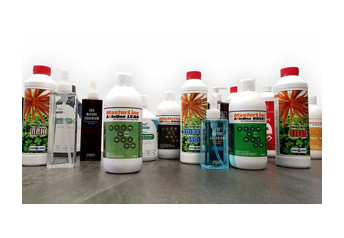
What is the best plant food?
09/06/2023
3672
views
0
Liked
Which plant food does plants grow best with? This blog provides more information about different types of plant food.
Read more

Create a vegetated back wall for your aquarium
08/17/2023
Posted in:
Tutorials & How-to
2877
views
0
Liked
Covering the back wall of your aquarium with moss or plants can be quite a challenge. Here we show you how to do this...
Read more

Aquarium verlichting vergelijkingstest
08/11/2023
Posted in:
General
1613
views
0
Liked
Verlichting vergelijkingstest
Read more




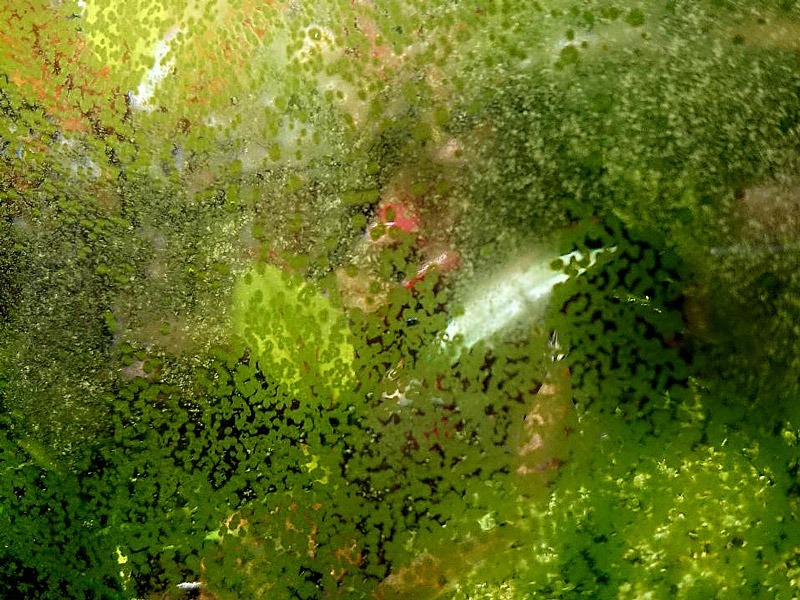
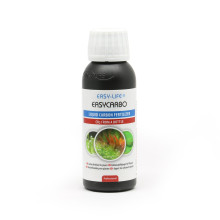
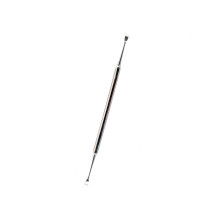
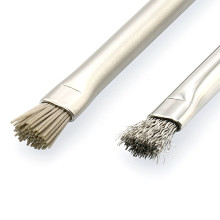

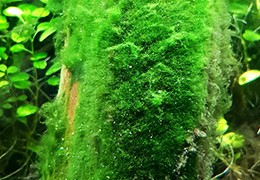
Latest comments